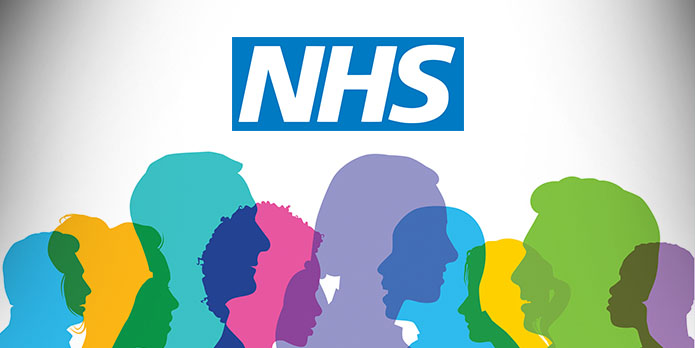
Winter is coming: The growing NHS recruitment crisis
New figures released by NHS Digital have stressed just how unprecedented the problem of understaffing is throughout the NHS.
In total, 86,035 vacancies were officially advertised in the first quarter of the year, with NHS Digital admitting that it was undercounting, particularly for nurses. This impending crisis has been snowballing with a myriad of contributing factors.
The demonstrations by nurses last year over staff shortages received scant media attention, and it’s often argued the role they play in delivering care is overlooked and underappreciated. Recent analysis of delayed discharge of care (often referred colloquially and, somewhat derogatorily, as “bed-blocking”) shows the shortage of district nurses is as great a factor as any in hold-ups to arranging follow-on social care. When you consider the number of NHS district nurses has dropped 44 per cent since 2010, you begin to realise the scale of the problem and just why the issue of ensuring people receive the right care in the right setting is so high on both the NHS and government agendas.
But the government isn’t helped when data presented to ministers appears misleading, as last year’s reported government figures inflated full-time NHS personnel by 70,000. Whether or not the government is sufficiently tackling recruitment issues is still up for debate. The government policy to reform NHS bursaries suggests it lacks impetus and has sparked criticism from various organisations who describe the plans as “risky and unfair”.
Despite confirming the expansion of undergraduate medical education in England, universities are also realising the importance of educating bright candidates who miss their first choice and began offering places for medical students through clearing for the first time last year.
GP leaders cited that a fall of 13.5% in medical applications triggered the decision and it was simply ‘too significant’ a decrease to be down to chance. Baroness Ilora Gillian Finlay, former president of the British Medical Association, identified “a student’s enthusiasm needs fostering, not stifling by a system that fails to reward the most motivated.”
Talented students are becoming less attracted to a career which is often clouded in uncertainty and crises. Students and junior doctors alike are seeing the issues surrounding contracts and financially failing organisations and are swiftly choosing to seek alternative careers or travel abroad.
The Office for Budget Responsibility acknowledges the public-private pay gap is returning to the days of the 1990s and early 2000s, when the public sector found it difficult to recruit and retain first-rate staff. One of the many challenges for policymakers at present is to set levels of pay to attract the desired workforce while also minimising the cost to the taxpayer. Headlines can often hinder this though, with eye-watering above average salaries becoming sore subjects; such as that of an NHS consultant receiving an additional £375,000 on top of their annual pay.
Salaries of this extent wouldn’t be required had the relevant bodies implemented a workforce strategy to keep public and private sector pay levels on a similar trend.
Naturally, the issue relates heavily to the state of the NHS finances. The risks outlined by civil servants in a leaked report underlines that Jeremy Hunt’s pledge to increase the NHS budget by £10 billion by 2020-21 will not be sufficient to deliver the promised seven-day NHS expansion by 2020. It is also understood that this funding won’t reach the NHS until the end of the current parliament and is dependent upon a number of variables, mainly the chancellor’s autumn statement in November.
With this only months away, suggestions have been raised that NHS leaders will produce timely reports to further the financial cause and seek additional funding. However, it is these very reports that could garner the sort of media attention that may inadvertently deter future doctors from pursuing a career in medicine, feeding into the growing vicious circle of uncertainty for the NHS.
Despite recently retaining its place as the highest ranked healthcare system by the Commonwealth Fund, experts have little doubt that the NHS has seen a drop in performance, highlighting a direct correlation between performance and a five-year period that has seen the most significant financial squeeze in its history – a squeeze that shows little sign of easing.
With another ‘winter crisis’ creeping closer, the NHS’s performance will again be scrutinised, but this time with a worrying eye on recruitment. As an institution that has long been characterised by the people who willingly go above and beyond the call of duty, we can only hope that the NHS survives the cold reality of understaffing.
Freshwater’s healthcare team has significant experience of working with health and social care organisations and NHS trusts, offering services from integrated communications to crisis management, as well as delivering events and training.
